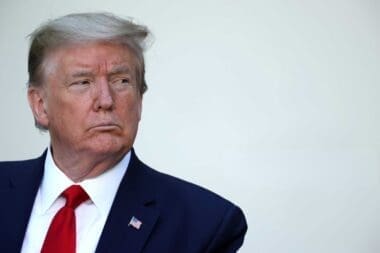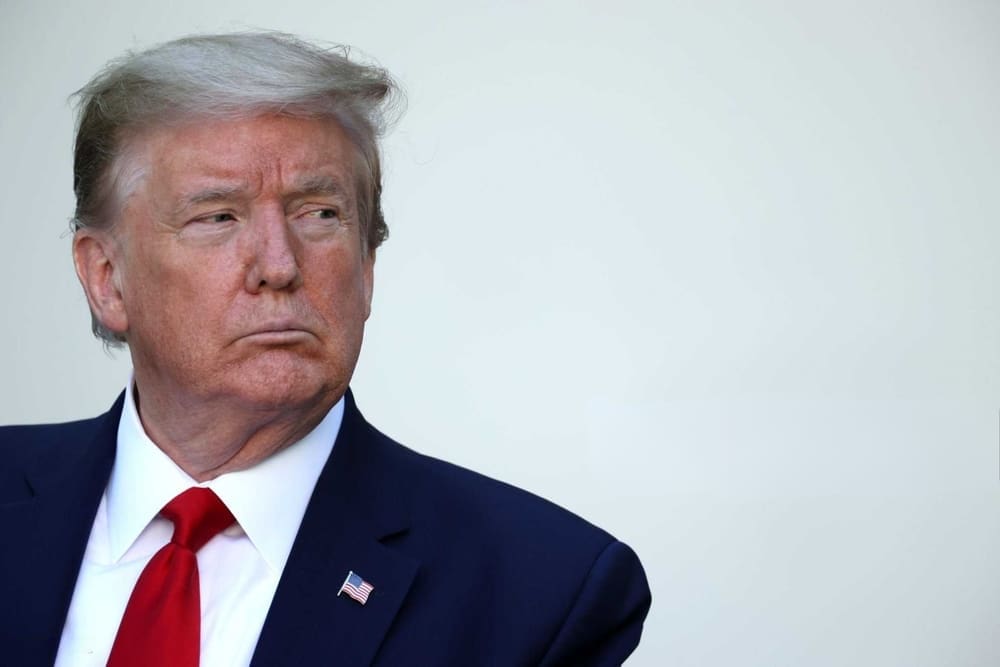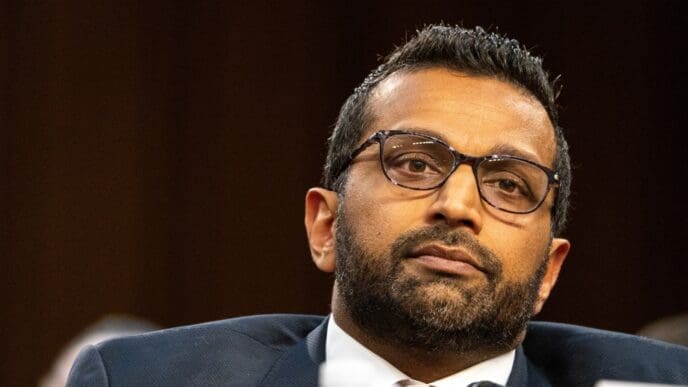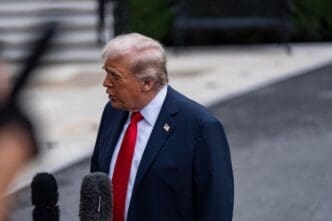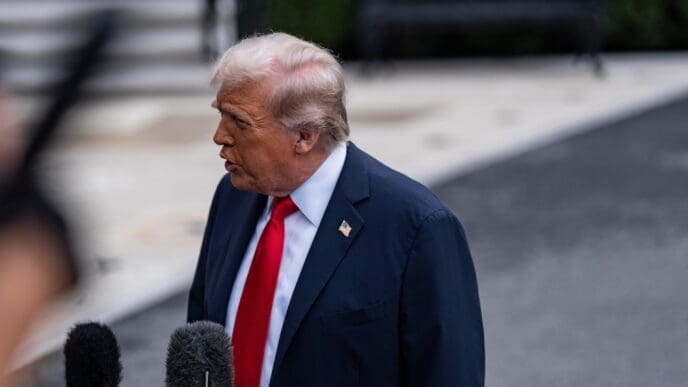The cryptocurrency sector is taking significant strides in Washington, driven by its desire to solidify its political influence and integration into mainstream financial systems. Amid efforts by key political figures and industry leaders, the scene is set for potentially transformative changes in how digital assets are regulated and perceived.
David Sacks, the crypto advisor to the Trump administration, announced a new congressional group focused on advancing cryptocurrency regulation. This move, although initially met with skepticism on social media, is nonetheless seen as a landmark development with the White House and Congress pushing for crucial crypto legislation.
Ji Hun Kim, acting CEO of the Crypto Council for Innovation, emphasized the urgency of the situation during a House committee meeting titled, “A Golden Age of Digital Assets: Charting a Path Forward.” Meanwhile, changes benefiting the crypto industry have included a repeal of a Securities and Exchange Commission rule and an executive order to examine regulatory changes for digital currencies.
The industry’s increased assertiveness is evident in strategic moves to punish former adversaries. Notably, Tyler Winklevoss announced that his company will not hire MIT graduates, following the university’s rehiring of Gary Gensler, a figure seen as antagonistic to the crypto sector. Similarly, Coinbase’s CEO has also taken a firm stance against law firms employing former Gensler deputies.
Legislative discussions have highlighted the division within the crypto community over digital asset regulation. Notably, the proposal for a U.S. crypto reserve encompassing various digital currencies has sparked debate, with Ripple’s CEO suggesting diversification beyond Bitcoin, which remains a controversial point for many.
Upcoming legislation seeks to address stablecoin regulation and establish clear operational rules for crypto exchanges. This is particularly significant as stablecoins, whose values are typically pegged to traditional currencies, have surged in popularity. Past attempts at similar legislation have stalled, but there is optimism for passage due to bipartisan support and extensive industry lobbying.
The crypto sector’s growing clout is reflected in its influence on elections, as seen in its role in unseating Sen. Sherrod Brown, a vocal critic of cryptocurrencies. This shift indicates a recognition among political players that opposing the crypto “army” could be politically disadvantageous, underlined by statements from crypto investor Anthony Scaramucci.
The evolving dynamics between the cryptocurrency industry and Washington illuminate the sector’s increasing political and financial integration. With new legislative efforts on the horizon, the coming years could redefine the landscape for digital assets, further embedding them into the mainstream economy.

